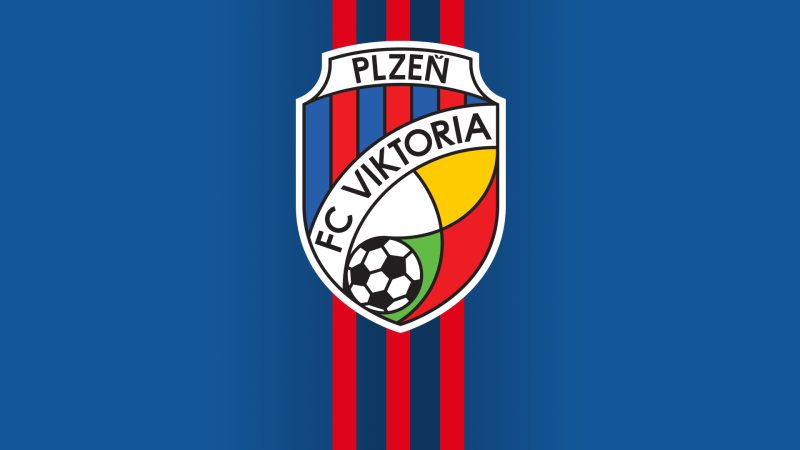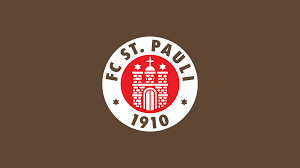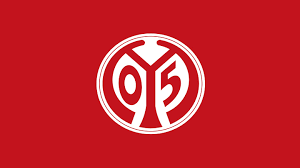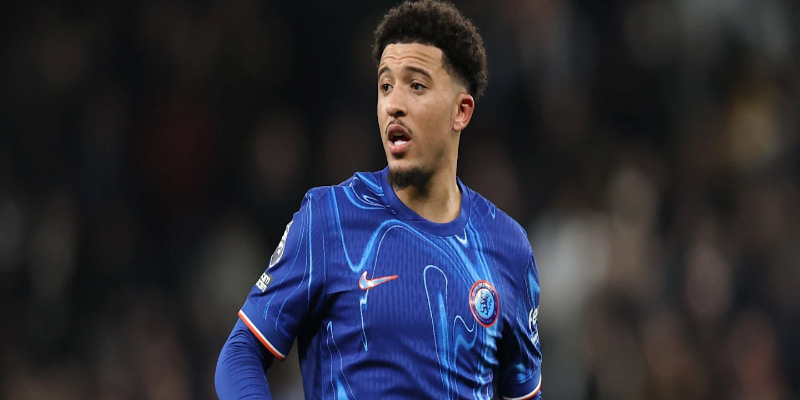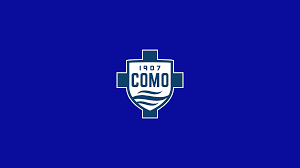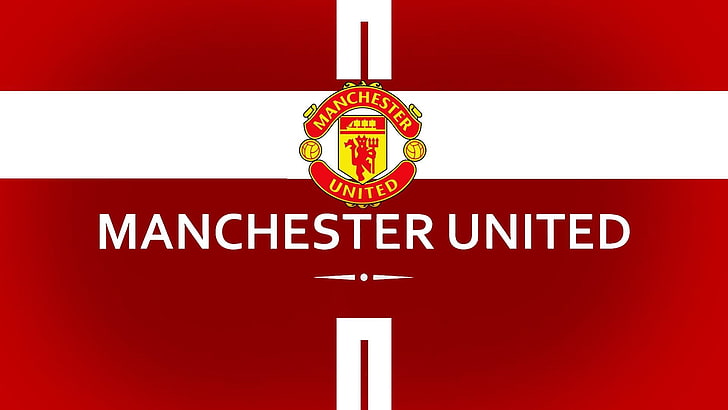
Manchester United
In recent years, Manchester United has faced several challenges that have tested the club’s resilience and adaptability. Navigating the complexities of modern football requires strategic decision-making, effective management, and a commitment to maintaining the club’s legacy while embracing innovation 33WIN
The Current State of Manchester United
The departure of Sir Alex Ferguson in 2013 ushered in a period of uncertainty for Manchester United. The subsequent managerial changes, including David Moyes, Louis van Gaal, José Mourinho, and Ole Gunnar Solskjær, have brought varying degrees of success and disappointment.
Each manager brought a different philosophy, impacting the team’s style of play and overall performance. However, inconsistency plagued the club, leading to struggles in domestic and European competitions. The challenge for Manchester United is finding a manager who can build upon the foundations established by Ferguson while addressing the contemporary demands of the game.
Financial Performance and Ownership Issues
Manchester United’s financial performance remains robust, bolstered by commercial ventures and global appeal. However, concerns regarding ownership and governance have sparked debates among fans and stakeholders. The Glazer family’s ownership has faced criticism over perceived disconnection and lack of investment in infrastructure and the playing squad.
These issues underscore the need for transparency and accountability in decision-making processes. Fans increasingly seek a sense of belonging and connection to the club, emphasizing the importance of aligning corporate interests with the values held dear by the Manchester United community.
Youth Development and Future Prospects
Despite recent challenges, Manchester United continues to prioritize youth development. The club’s academy has a rich history of producing talented players who have made significant contributions to the first team. The likes of Marcus Rashford, Mason Greenwood, and Scott McTominay embody the club’s philosophy of nurturing homegrown talent.
Looking ahead, the focus on youth development will be crucial in establishing a sustainable future for Manchester United. By investing in promising players and providing them with opportunities, the club can maintain its competitive edge while honoring its rich legacy.
Conclusion
Manchester United stands as a testament to the power of passion, commitment, and resilience. The club’s journey through history is filled with lessons learned, celebrating triumphs, and enduring hardships. As we reflect on its past, we must also acknowledge the present challenges and the exciting potential that lies ahead. With a dedicated fan base, a legacy of iconic players, and a commitment to excellence, Manchester United remains a beacon of hope in the world of football. As the club navigates the complexities of modern football, one thing is certain: the spirit of Manchester United will continue to inspire generations to come.

